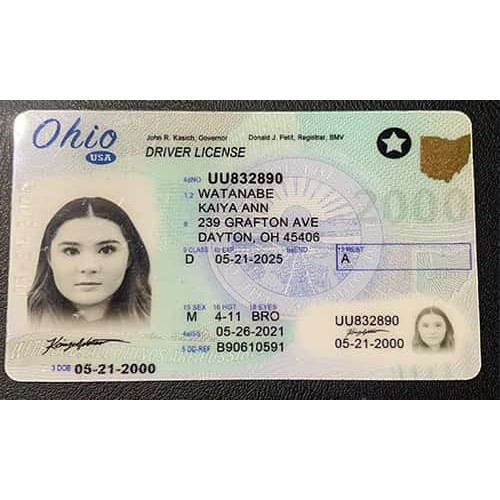Fake Billing Information For Apple Id
2024-04-19 2024-04-19 23:13Fake Billing Information For Apple Id
Fake Billing Information For Apple Id
As one of the most widely used and trusted technology companies in the world, Apple Inc. has garnered a massive customer base with millions of users worldwide. In order to access and make purchases from the Apple ecosystem, users are required to create an Apple ID, which serves as their unique identifier for all Apple products and services. However, for some individuals who may be seeking to access these services without providing their real billing information, the temptation to use fake billing information for their Apple ID may arise.
Fake billing information for an Apple ID can be easily obtained through various means, such as using fake credit card numbers, fake names, and addresses, and even fake phone numbers. While it may seem like a harmless act to some, using fake billing information for an Apple ID can have serious consequences, including account suspension, legal repercussions, and potential financial losses.
It is important to understand the reasons why individuals may resort to using fake billing information for their Apple ID. One of the main reasons is to avoid paying for purchases made on the Apple platform. By using fake billing information, users can download apps, music, and other content without having to provide their real payment details. Additionally, some individuals may use fake billing information to protect their privacy and anonymity online, especially if they are concerned about their personal information being compromised or exposed.
However, using fake billing information for an Apple ID is not only unethical but also illegal. The Apple App Store is a platform that operates on the principle of trust and integrity, and any attempts to deceive the system by using fake billing information can result in serious consequences. Apple has strict policies in place to prevent fraud and abuse, and any accounts found to be using fake billing information may be subject to suspension or termination.
Furthermore, using fake billing information for an Apple ID is a violation of Apple’s Terms of Service and can result in legal action being taken against the individual. Apple takes fraud and identity theft very seriously and has measures in place to detect and prevent such activities. By using fake billing information, individuals are not only putting themselves at risk of legal repercussions but also jeopardizing their ability to access Apple products and services in the future.
In addition to the legal and ethical implications of using fake billing information for an Apple ID, there are also practical consequences to consider. Fake billing information can lead to issues with account verification, payment processing, and account security. In the event of a dispute or unauthorized charge on the account, users with fake billing information may find themselves unable to resolve the issue or recover their funds.
It is crucial for individuals to understand the potential risks and consequences of using fake billing information for their Apple ID. While it may seem like a convenient way to access Apple products and services without providing personal information, the repercussions of such actions can far outweigh any perceived benefits. Users should always adhere to Apple’s Terms of Service and guidelines when creating an Apple ID and ensure that all billing information provided is accurate and legitimate.
In conclusion, using fake billing information for an Apple ID is not only unethical but also illegal and can have serious consequences. Individuals should always provide accurate and legitimate billing information when creating an Apple ID to avoid account suspension, legal repercussions, and financial losses. It is important to prioritize honesty and integrity when using technology services and to understand the implications of fraudulent activities. By following Apple’s guidelines and policies, users can enjoy the benefits of the Apple ecosystem while maintaining their trust and credibility within the community.







